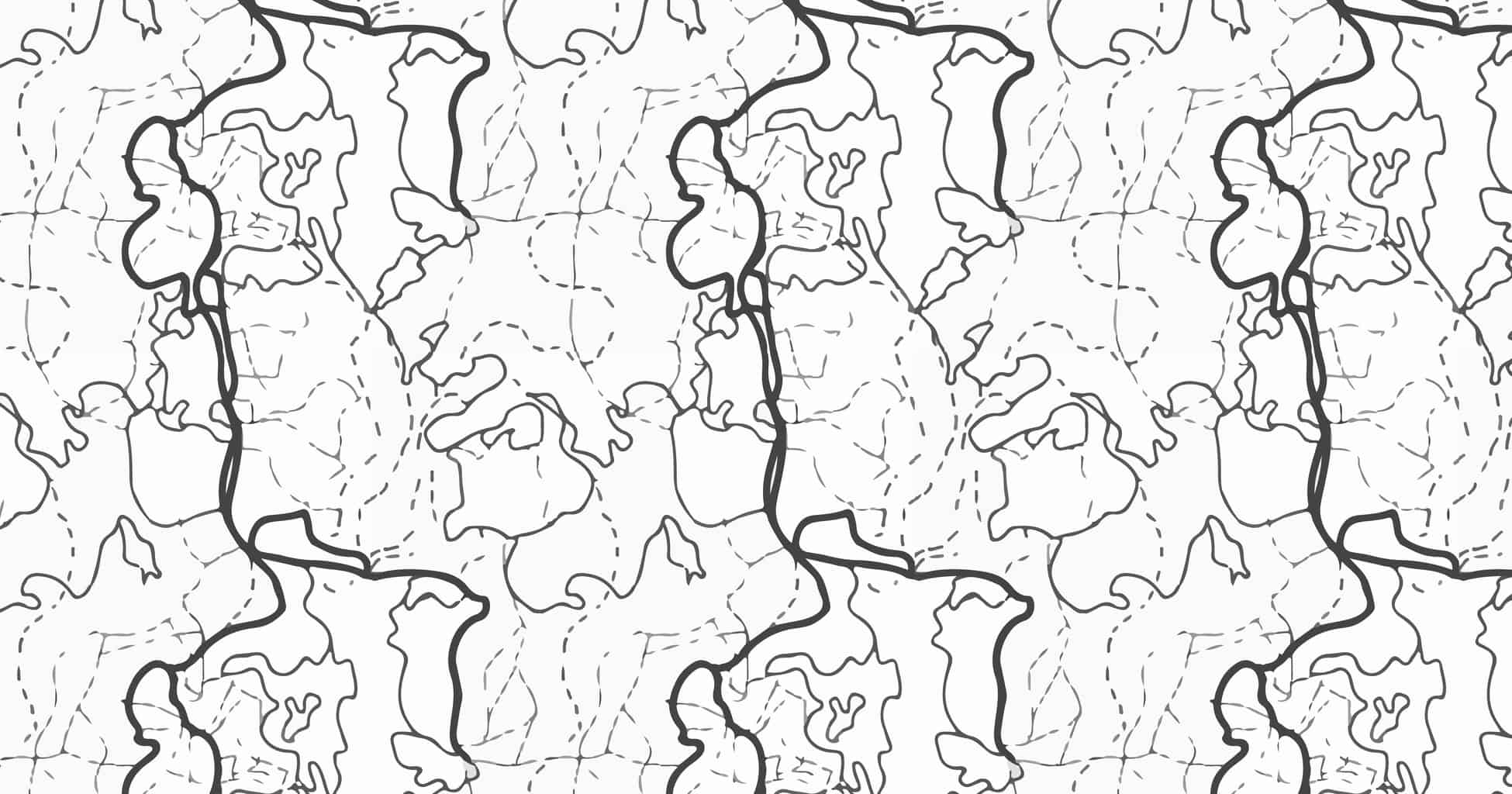Somalia
Somalia’s long-running armed conflict has been characterized by extremism, sectarian political violence, complex humanitarian crises, and piracy, and women have been disproportionately at risk of death and as targets of sexual and gender-based violence and displacement.
Based on the work of NGOWG members and their partners, the NGOWG advocates for women’s political participation, women’s meaningful and active participation in design and implementation of humanitarian responses, and strengthened mechanisms to prevent and respond to sexual and gender based violence.
Somalia
Somalia’s long-running armed conflict has been characterized by extremism, sectarian political violence, complex humanitarian crises, and piracy. Women have been disproportionately at risk of death, and as targets of sexual and gender-based violence and displacement.
Based on the work of NGOWG members and their partners, the NGOWG advocates for women’s political participation, women’s meaningful and active participation in design and implementation of humanitarian responses, and strengthened mechanisms to prevent and respond to sexual and gender based violence.
Current and Past Recommendations to the UN Security Council (Monthly Action Points)
The Security Council is expected to consider reports on the UN Assistance Mission in Somalia (UNSOM) and the African Union Mission in Somalia (AMISOM). In its discussion, the Council should request that senior officials from UNSOM and AMISOM identify, discuss and reflect on their concrete efforts to address the barriers and risks associated with women’s participation, including those brought on by the COVID-19 pandemic, in line with the recommendations from August 2019 civil society briefer, Amina Arale. These include quarantine measures, economic stressors and the absence of essential health services, including sexual, reproductive and psychosocial health services (Saferworld). Briefings by UNSOM should mainstream gender-sensitive analysis in updates related to conflict prevention efforts, including those undertaken as part of addressing the link between the climate crisis and violence (S/RES/2461 (2019), OP 21). Further, the Council should expect detailed information from UNSOM and AMISOM in their briefings on regular, ongoing consultations with diverse civil society organizations, including women’s groups (S/RES/2461 (2019), OP 4). Finally, the Council should continue to express its support for the full implementation of the NAP on Resolution 1325 (2000) and the Sexual Offences Bill and inquire as to progress.
Relevant Resources






